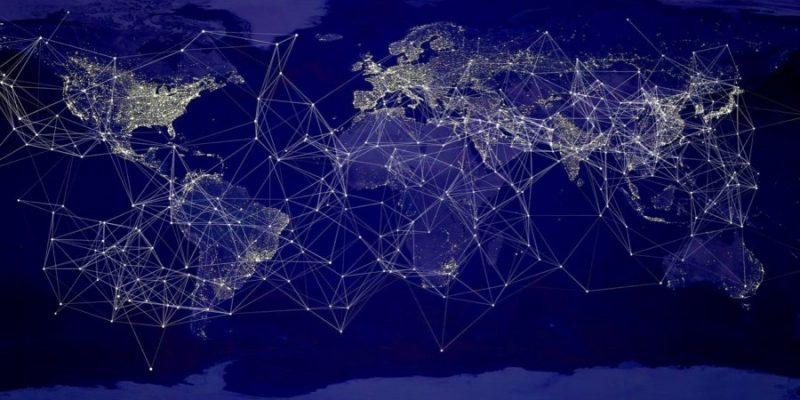
The first company to identify the coronavirus outbreak – Bluedot
Canada-based start-up, Bluedot, was the first company to identify the coronavirus outbreak and alerted its clients on Dec 31, 2019, before it was officially declared by U.S. Centers for Disease Control (on Jan 06, 2020) and World Health Organization (on Jan 09, 2020). Before Covid-19, the company accurately predicted ZIKA in 2016 and 2014 Ebola. The company was formerly known as BioDiaspora, originally founded in 2008 and spun out of a partnership between St. Michael’s Hospital and MaRS Innovation and was then rebranded in 2014.
“We protect people around the world from infectious diseases with human and artificial intelligence”
Bluedot owns a proprietary platform built around artificial intelligence to track and predict the outbreak and spread of infectious diseases. The AI-based platform uses machine learning and natural language processing technology to detect signs of potential disease outbreaks from collected diverse dataset such as billions of flight itineraries, animal & insect population data, climate data from satellites, and health system capacity including government reporting, reporting from medical and public health professional networks, mass media news sources, diagnostic devices, Internet search activity and social media data.
The company also owns a few notable patents in the domain. One important patent, US8560339B2, focuses on predicting the spread of infectious diseases based on air travel data including frequency of flights, number of passengers, number of direct non-stop flights, total passenger traffic between origin cities and destination cities, and corresponding date stamps for all travel data. Another US patent no 10394776B2 discusses the warning and a system to prevent the spread of the infectious diseases based on travel data. WO2018237209A1 relates to identification nucleic acid in samples from a source such as plant, food, humans and others. The identification helps in detection of emerging animal and zoonotic diseases, improve vaccine development and disease severity and outcome.
WO2015139078A1 and US20190045324A1 relates to geo-fencing and its application. WO2018160899A1 focuses on taxonomically classifying organisms in a heterogeneous microbial sample.

